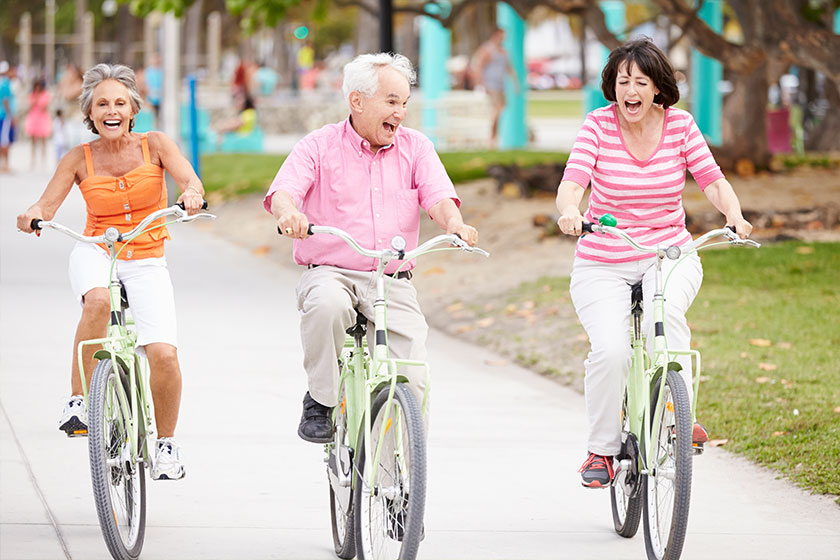As we age, socializing becomes an increasingly important role in our mental health. This is because the elderly often have less contact with others, attend fewer social events, and may not find socializing as easy as it once was. This holds especially true for older adults who stay by themselves, even if family members do make visits at times. As such, it comes as no wonder that the risk of developing loneliness and depression increases greatly for older adults. Apart from that, social isolation can even lead to further problems such as dementia and Alzheimer’s disease. Hence, socialization is very important. Read on for the benefits of socializing.
Raised Self-Esteem
When any one of us spends quality time with our friends and family, we will feel appreciated and supported, which is crucial in helping us find a sense of purpose and belonging. This is especially crucial for adults in the later years of their life, where there is often fewer opportunities for social contact.
Socializing can also help to raise one’s confidence and provides opportunities for cognitive stimulation, which is essential for staying sharp and alert. A healthy self-esteem level will help the elderly to set realistic expectations and be less critical of themselves and others.
Physical Health
Socializing doesn’t always have to involve sitting at home with friends and family members. It is highly recommended for the elderly to spend time outside with their families and friends doing simple activities, such as going hiking, shopping, and doing any sports that they love to play.
As the elderly spend most of their time in the comfort of their homes, bringing them outdoors makes them feel refreshed and energized. Those who have fewer opportunities to spend time with their loved ones can always go for health and fitness programs directed at their physical, spiritual, and mental needs, such as the Dimensions Health & Fitness program.
Stress Relief
As one ages, the ability to cope with stress will be significantly weaker. The hormones we use to cope with stress are also the same ones responsible for discouraging our disease-fighting. As such, an overload of stress will not only affect the mental health of the elderly but also potentially cause them to catch diseases attributed to a weakened immune system.
Socializing has been known to help keep stress levels optimal in both the short and long term. When you spend time with friends and family members, your mind and body will naturally relax, reducing pent-up stress levels. In some cases, it has even been noted that socializing with loved ones can help to even reduce one’s heart rate and blood pressure, which can deter a heart attack or stroke. In the long-term, socializing will help the elderly manage stressful situations and make them less vulnerable to chronic stress. After all, if they run into situations where they need help, they know that they can count on their friends and family members for advice. When they feel supported, they will naturally feel more empowered in their ability to handle stress.







